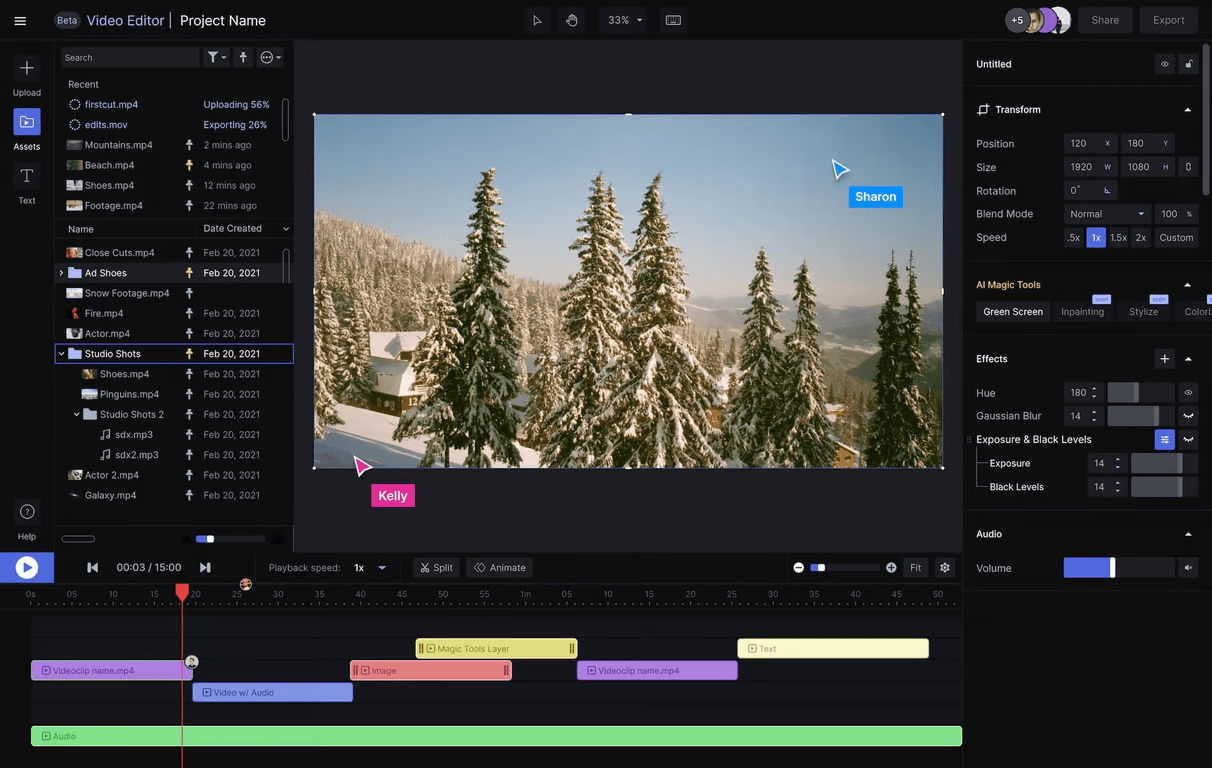The Industrial Internet of Things (IIoT) is driving the future of digital transformations in many industries. As a result, there is an increasing need for software development specializing in IIoT applications. From predictive maintenance to process automation and enhanced user experiences, IIoT software development has become a critical component for businesses worldwide. It enables organizations to stay competitive in a rapidly changing marketplace and make data-driven decisions faster and more efficiently. This article will discuss the benefits of IIoT software development and how it can improve industrial operations.

Industrial IoT market overview
The global industrial internet of things market is expected to reach $123.89 billion by 2025, according to a report by MarketsandMarkets. The industrial internet of things market is segmented by hardware, software, and service components. Application: predictive maintenance, asset tracking and management, process optimization, network security, deployment model (on-premises, cloud-based, hybrid), industry vertical (manufacturing, energy and utilities, transportation and logistics, healthcare and life sciences), and geography.
The hardware segment is predicted to grow at the highest CAGR during the forecast period due to the need for sensors and controllers in the industrial internet of things applications. The software segment is anticipated to grow at a significant CAGR during the forecast period owing to the rising demand for IIoT platforms and solutions among enterprises. The on-premises deployment model is expected to hold the largest market share during the forecast period as enterprises increasingly deploy industrial IoT manufacturing use cases to offer solutions on their premises to get real-time insights into their processes.
IIot in manufacturing vertical is expected to hold the largest market share during the forecast period due to the increasing adoption of industrial internet of things solutions in this vertical for predictive maintenance, quality control, process optimization, and supply chain management. The transportation and logistics verticals are expected to grow at the highest CAGR during the forecast period due to the need for efficient fleet management and improved coordination between different stakeholders in the supply chain.
Similarly, North America is expected to hold the largest market share during the forecast.
The benefits of industrial internet of things software
Industrial internet of things companies provide many business benefits, including improved efficiency, lower costs, and better decision-making.
Improved Efficiency
Industrial internet of things software helps businesses to manage their assets and operations better. By tracking and analyzing data in real-time, businesses can optimize their processes and make more informed decisions. This leads to increased efficiency and productivity.
Lower Costs
IoT software can also help businesses save money by reducing waste and improving asset utilization. By monitoring production lines in real time, businesses can identify issues early on and take corrective action to avoid downtime. This reduces the need for costly repairs and maintenance. Similarly, by tracking inventory levels, businesses can ensure that they only order the necessary supplies, reducing storage costs.
Better Decision Making
The improved visibility and insights provided by industrial IoT software development enable businesses to make better decisions. With access to real-time data, businesses can identify trends and make informed decisions about where to allocate resources. This helps them to stay ahead of the competition and maintain a competitive edge.
Industrial internet of things software development
The industrial internet of things is a growing field that revolutionizes businesses’ operations. By connecting devices and machines to the internet, IIoT allows businesses to collect data and insights that were previously unattainable. This information can then be used to enhance efficiency, optimize processes, and make better business decisions.
However, this is only possible with software development. Industrial internet of things software development is responsible for creating the applications and systems that power IIoT solutions. With skilled software developers, IIoT is possible.
There are many different aspects to the industrial internet of things software development. Developers must understand networking and security protocols to ensure that data is properly collected and transmitted. They also need to be familiar with big data analytics to make sense of the large amounts of data generated by IIoT solutions.
But most importantly, industrial internet of things software developers need to be able to think outside the box. Because IIoT is such a new and rapidly-growing field, there often need to be existing solutions for the problems businesses face. This means that developers must be able to come up with innovative solutions that meet the unique needs of their clients.
If you’re interested in a career in the industrial internet of things software development, you must have these skills and qualities. With the right skill set, you can become an invaluable member of an IIoT team and help shape it.
Conclusion
IIoT software development is an important part of today’s digital transformation. The ability to collect, analyze and store data from connected devices can help businesses make informed decisions that increase efficiency and reduce costs. Additionally, developing IIoT applications allows organizations to leverage technology to automate tasks, improve customer experience and meet the needs of their customers more quickly. As the demand for IIoT solutions continues to grow, businesses must embrace this trend by investing in robust and secure software development capabilities.








